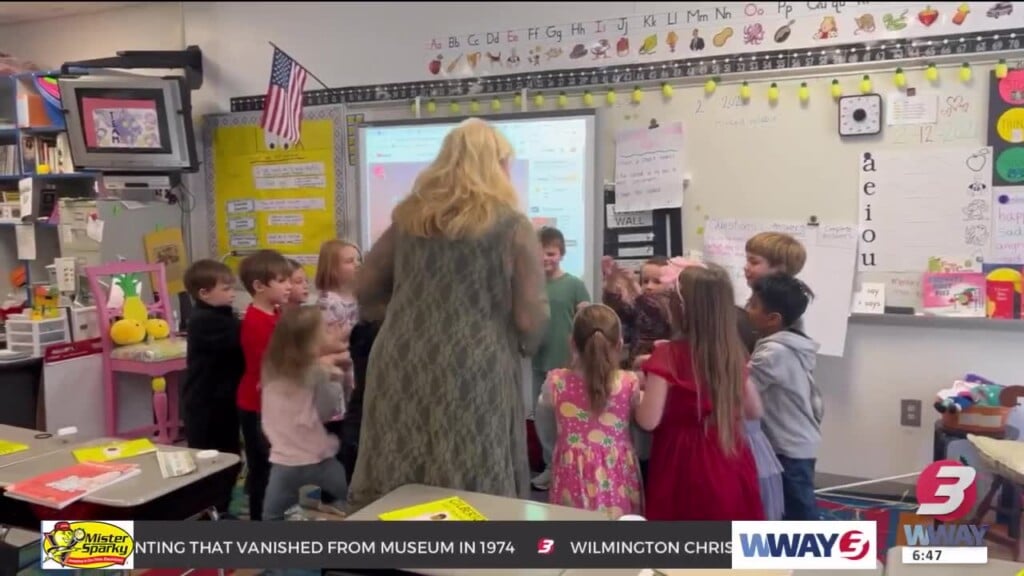‘Solution to a problem that doesn’t exist’: Unpacking NC’s citizens-only voting amendment
WILMINGTON, NC (WWAY) — If you’ve already voted in North Carolina, you may have noticed a constitutional at the bottom of the ballot. The referendum on NC ballots would alter language in the state’s constitution, which allows US-born and naturalized citizens over the age of 18 to vote.
The referendum states: “Constitutional amendment to provide that only a citizen of the United States who is 18 years of age and otherwise possessing the qualifications for voting shall be entitled to vote at any election in this State.”
Voters can choose whether they are “for” or “against” the referendum.
The amendment would change the language to remove the word “naturalized,” which refers to people who weren’t born in the US, but earned their citizenship.
The referendum is seen by many as unnecessary, since every US state already only allows citizens over the age of 18 to vote.
So why is it on the ballot?
UNCW Political Science Instructor Nadine Gibson said it’s likely meant to encourage conservative voters who are concerned about election integrity to show up to vote on races further up the ballot.
“This is definitely on the ballot as a mobilizing strategy. It will not actually change a thing in North Carolina. Non-citizens are not legally allowed to vote in North Carolinian elections,” Gibson explained.
There’s been concern among voting rights activists that the change could limit the ability of naturalized citizens to cast their vote.
Sam Black is a naturalized citizen who lives in Wilmington. She moved to the US from England when she was five years old. This is the first election she’s ever voted in.
She said she was unaware of the referendum going into voting both.
“I thought that I was pretty educated on most of the questions and I was kind of surprised by that, and then the other girl I was with too, they were also surprised,” Black recalled.
Black said she voted in favor of the amendment, not knowing much about it. After researching, she does worry the amendment could be used against voters like her
“I think everyone should have the right to vote whether you’re born, or a naturalized citizen, you’ve gone through that process,” Black said.
Gibson noted regardless of language, naturalized citizens are still citizens, and the change shouldn’t effect their ability to vote.
Much more worrying—she said—is that it could stoke misinformation.
“Some people might walk away thinking that we currently allow non-citizens to vote, rather than it being a very small change in the language,” Gibson explained. “I think it’s a solution to a problem that doesn’t exist.”




